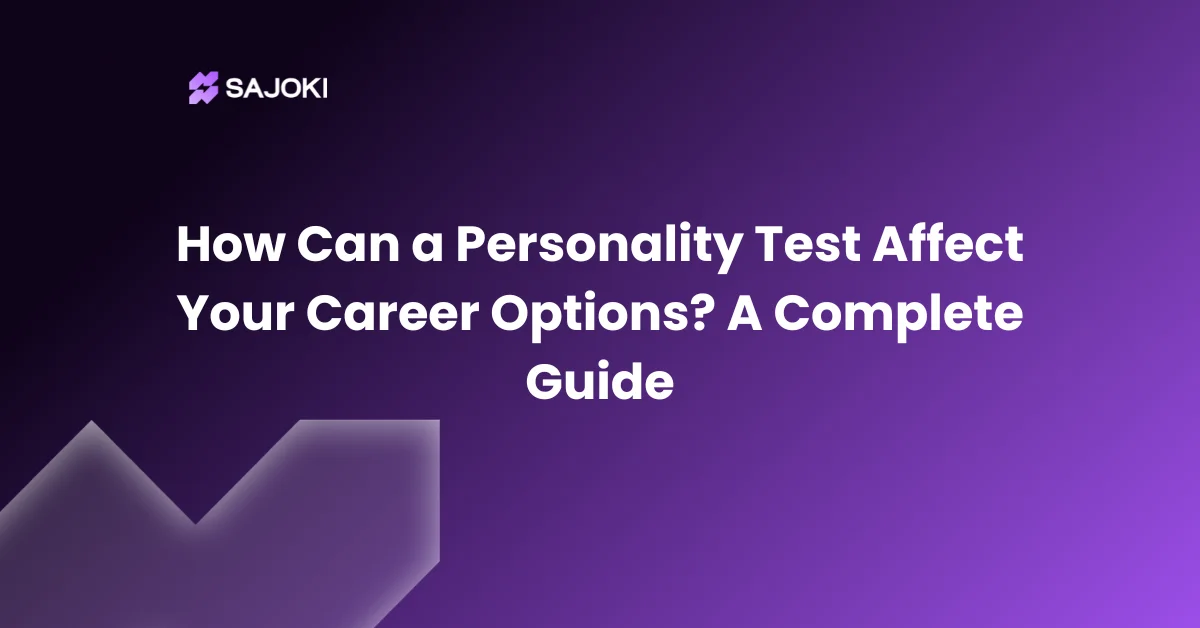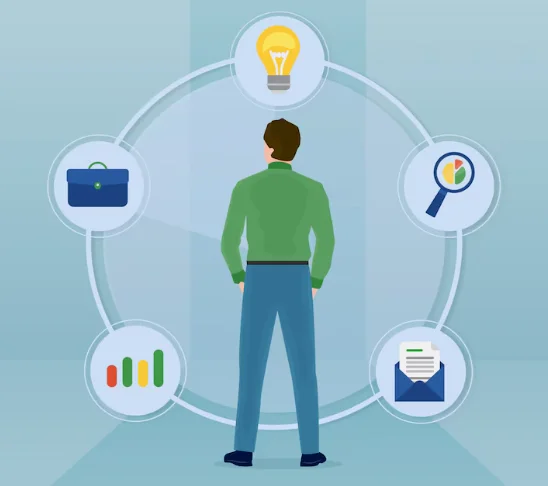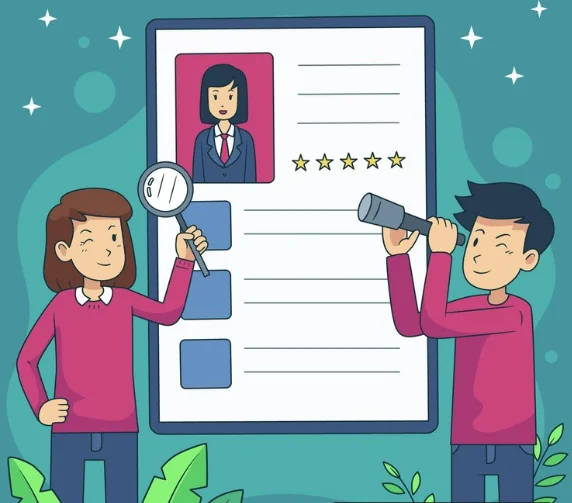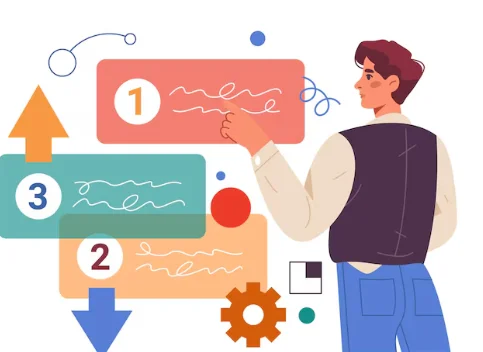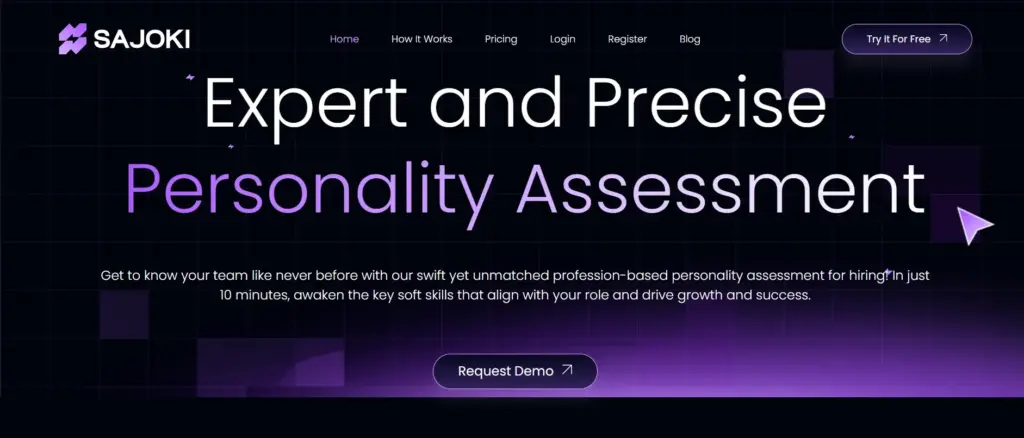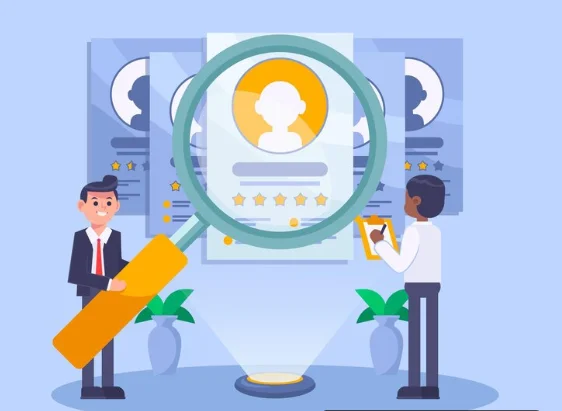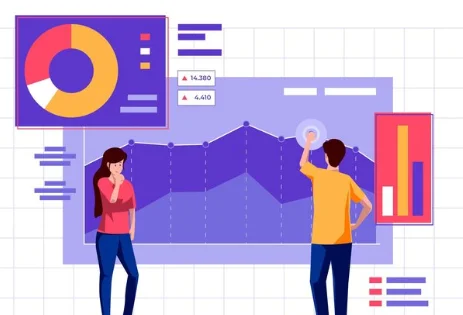In the modern world, choosing the right career path can feel overwhelming, especially if you’re unsure where to begin. With so many industries and roles out there, narrowing down your options is tough. One helpful method many use to gain clarity is taking a personality test.
Learning more about yourself through personality tests affects your career options. But how, you ask?
It can help make educated choices regarding work environment, profession, and long-term goals. Introvert or extrovert, these tests can provide you with a laser-like focus on the kinds of jobs you’ll likely be most suited for.
Employers also use them to confirm cultural fit and job compatibility. By understanding how you work, problem-solve, and work with others, they determine if you’re a good fit. It’s not skills, it’s about your overall potential to thrive in a role. Keep reading to learn how these tests affect career decisions.
How Do Personality Tests Affect Career Options? 7 Key Ways
When you are selecting a career, your interests and strengths matter, but your personality does too. Personality tests allow you to have a systematic process of matching what you are with the demands of various careers.
Tests provide you with systematic insight based upon patterns of emotion and behavior. Let us see how they help with more educated choices of career:
1. Identifying Core Strengths and Preferences
Personality tests reveal natural abilities like creativity, leadership, or attention to detail. They can usually be naturally inclined towards specific jobs, for example, design for creative people or law for analytical persons.
They assess what energizes and drains you. This means you’re more likely to choose a role that brings satisfaction instead of stress. Knowing your preferences minimizes trial-and-error in career choices.
2. Identifying Suitable Career Paths
Personality assessments (like MBTI, Big Five, DISC, etc.) can reveal traits such as introversion vs. extroversion, openness to experience, conscientiousness, and more.
These traits can guide individuals toward roles that align with their natural tendencies. For example:
- Extroverts may thrive in sales, public relations, or teaching.
- Introverts might prefer research, writing, or analytical roles.
3. Matching Qualities with Job Requirements
Every career demands certain personality traits; sales roles need assertiveness, while counseling demands empathy. Tests show how your traits align with job characteristics.
This helps you avoid daily struggle in mismatched roles. Instead of forcing yourself to adapt constantly, you’re able to select paths that feel natural and manageable.
4. Guiding Career Development
Personality tests don’t just help you choose the right career. They also play a crucial role in shaping how you grow within your career.
Once you understand your personality traits, you can more effectively identify areas of strength to leverage and areas for improvement to work on.
This self-awareness becomes a powerful tool for personal and professional development. Here are some examples to give you a better understanding.
- If you’re high in openness to experience, you’re probably drawn to innovation and creativity. This could make you a strong fit for roles in design, marketing, or product development. To grow, you might focus on developing follow-through and consistency, especially if routine tasks bore you.
- If you’re very detail-oriented and conscientious, you’re likely great at following procedures and meeting deadlines. As you advance, you may need to work on being more flexible and open to change, especially in dynamic work environments.
5. Establishing Long-Term Compatibility
Some jobs seem appealing but clash with your core personality over time. Personality tests predict how well you’ll stay motivated or satisfied in a role.
This is crucial for long-term success. Rather than choosing based on salary or trend, you choose based on sustainability, growth, and personal well-being.
6. Facilitating Career Changes
If you’re switching fields, personality tests can clarify where your traits are transferable. They offer a fresh perspective on industries or roles you may not have considered before.
This can help you transition more confidently. By understanding your values and strengths, you can align your career change with who you’ve become.
5 Strategic Ways to Use Personality Tests for Career Planning
You have already got an idea of how a personality test affects your career options. Now, you can strategically utilize results to further your career. Here’s how:
1. Use Results to Bring Personality to Your Resume
If your results reveal you as extremely reliable or creative, use it in your overview. This adds personality to your resume. Use it with examples for impact.
2. Align Career Aspirations with Characteristics
A clear understanding of your personality assists in establishing realistic aspirations. You no longer chase exhausting jobs. Rather, you create a sustainable career.
3. Identify Areas for Improvement
Your test might identify areas of weakness, maybe stress tolerance. This enables you to work on weaknesses. It also prepares you better for role challenges.
4. Communicate Better in Interviews
Knowing your personality helps articulate your value in interviews. You can confidently talk about your work style and why you’re a fit. This increases hiring chances.
5. Seek Advice from Reliable Personality Testing Tools like SAJOKI
SAJOKI – the profession-based personality test tool is a recruitment website that uses artificial intelligence and personality tests to facilitate improved matching for employers and candidates. It also offers practice tools for your support. The website is ethical and personality-based, recruitment-oriented.
5 Common Personality Test Types and Career Use
Various personality tests reveal various things. Understanding them can help you make better career choices. The following are some common tests and their use in careers:
| Test Name | Core Focus | Career Relevance |
| Big Five (OCEAN) | Openness, Conscientiousness, Extraversion, Agreeableness, Neuroticism | Broad, useful in predicting work behaviors |
| DISC | Dominance, Influence, Steadiness, Compliance | Team roles, leadership, sales |
| MBTI | Decision-making, interaction style | Team-building, communication |
| HEXACO | Honesty-Humility + OCEAN traits | Ethical roles, leadership, HR |
| 16PF | 16 personality dimensions | Aviation, law enforcement, high-stress occupations |
Each test is designed to reveal patterns of behavior that can be used to inform role appropriateness. For example, high conscientiousness predicted reliability and discipline, making it a good fit for structured occupations.
Existing Content Relevance:
Importance of MBTI Personality Test in Hiring
Importance of Big Five Personality Test in Hiring
How Employers Use Personality Tests for Hiring Success
Employers don’t just rely on resumes anymore. Personality tests let them get behind surface-level qualifications. They need to know how a candidate will handle stress, work with others, and change.
1. Screening and Shortlisting Candidates
Some companies use personality tests at the front of the recruitment pipeline. It decreases mismatched hires and helps them find candidates who are a natural fit. It also increases retention.
2. Team Dynamics and Composition
Employers desire balance in their team. An extrovert team may lack thinkers, whereas an introvert team may lack communicators. Personality tests guarantee the achievement of team synergy.
Existing Content Relevance:
Best Personality Tests for Team Building and Collaboration
3. Forecasting Potential Performance
Various scores on tests map to employment measures of performance. Employers utilize such knowledge to predict how an individual will perform, grow, or adapt with time.
4. Offering Culture Fit
At the top of hiring agendas is cultural fit. Managers use tests to find out if the values and behavior of an individual align with corporate culture. This increases both parties’ levels of satisfaction.
Personality Tests and Career Success Misconceptions
While beneficial, personality tests are often misconstrued. To make career choice effective when using them, there is a need to address these misconceptions.
1. “They Put You in a Box”
Most individuals believe tests limit. In fact, they open doors by offering tailor-made career guidance. They inform you what is suitable for you rather than restricting you.
2. “They Aren’t Scientific Enough”
Although certain tests are superficial, others like the Big Five are backed by scientific studies. Choosing the best test assures accuracy. Use tools that are backed by psychological research.
3. “You Can Game the System”
Cheating on a test can come back to haunt you. Inconsistencies are detected and poor fit leads to dissatisfaction. Honesty brings more favorable long-term results.
4. “They Replace Interviews”
Personality tests are add-ons, not replacements. Interviews and resumes are still taken into account. These tests give one added dimension for more thorough evaluation.
Frequently Asked Questions (FAQs)
Will personality tests help make the choice between two professions?
Yes. By comparing your traits with each profession’s needs, they can help you decide which is a better fit.
Are personality test scores constant or variable?
They may shift somewhat due to experience and personal growth. But underlying traits stay consistent.
How old should a person be to take personality tests in order to map a career?
As early as possible, high school or college, sets a path for career and study options.
Are introverts able to be successful in stereotypically extroverted careers?
Absolutely. Personality types can be accommodated and do well with appropriate strategies and tact.
Suppose my personality test doesn’t match my existing career?
That can be a cue for a change or readjustment. Consider speaking to a career advisor or HR about options.
Conclusion
Personality tests are powerful tools for career development and discovery. They create clarity in an increasingly complex jobs market and heighten self-awareness. Whether student, middle career professional, or anywhere in between, anybody can benefit from the strategic application of tests.
To understand how a personality test affects career options means more fulfilling choices. Instead of attempting to determine what you may be like, you have a focused plan based on your actual self. Used sensibly, they can provide access to a career that is actually suited for you.
